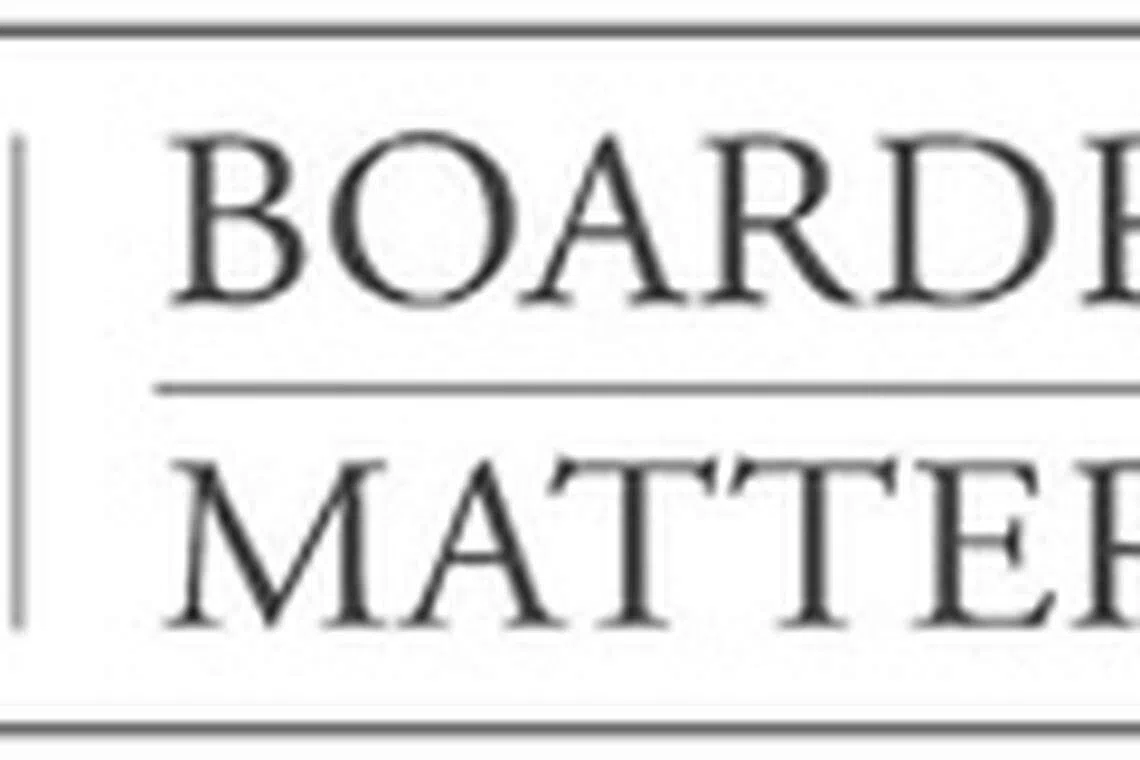Personal liability of directors in the case of corporate insolvency
The law imposes a duty on a company's directors to look after the interests of its creditors.
LAST WEEK, we examined the circumstances in which directors (and sometimes shareholders) can be personally liable for the debts of their company ("When are directors personally liable for corporate debt?" BT, July 4). This week, we look at a company that is insolvent (or nearly so), and how that may also give rise to a director's personal liability.
To start the discussion, it is useful to remember that directors have a fiduciary duty to act in the company's best interests. This is widely understood to mean that companies need to be managed in the interests of its shareholders as a whole.
However, what many may not realise is that when a company is insolvent or is approaching insolvency, the law imposes a duty on a company's directors to look after the interests of its creditors. This requires directors to pay closer attention to the interests of the company's creditors. Failing to do so may result in the directors being personally liable for the debts that the company owes to these creditors.
There are several scenarios in which this principle is applied.
Paying dividends when the company has insufficient profits
Section 403 of the Companies Act allows dividends to be paid to shareholders only out of profits generated by the company. Directors who wilfully contravene this restriction not only commit an offence, they are also personally liable to creditors for the company's debts to the extent that the dividends paid out exceed the amount of the profits.
In Chip Thye Enterprises Pte Ltd (in liquidation) versus Phay Gi Mo and Others (2004), the family-owned company became insolvent. The directors who authorised the payment of interim dividends of S$321,900 to the company's shareholders when there were insufficient profits were held to have breached their duties for making the payment at the expense of the company's creditors. They were also found personally liable for that sum to the company's creditors.
When the company continues to incur debts when insolvent
Directors must also ensure that they do not cause the company to take on debt obligations where there are no reasonable or probable grounds to expect that it will be able to repay the debt; otherwise, they may be prosecuted for an offence under Section 339 (3) of the Companies Act. Should they be convicted, the court may also, under Section 340 (2), declare that they be personally responsible for the payment of the debt.
In addition, if it can be shown that the reckless incurring of debts when a company is insolvent is a breach of a director's fiduciary duties, then the directors can be held accountable without being convicted under the Companies Act in the first place.
Furthermore, if there was an intent to defraud creditors by incurring fresh debts and liabilities after the company was insolvent, the directors who knowingly caused this can be made personally liable to the company's creditors.
This occurred in Lim Teck Cheng versus Wyno Marine Pte Ltd (in liquidation) (1999) where a director of a company which sold ships was made personally liable for expenses that were incurred by the company when he knew that the company was insolvent at that time.
Giving an unfair preference to other creditors when a company is insolvent
Sometimes, the liquidator of an insolvent company can show that the company had paid off specific creditors with the intention of unfairly putting them in a better position than they otherwise would have been in when the company was wound up. In such cases, the liquidator can, under Section 99 of the Bankruptcy Act and Section 329 of the Companies Act, seek a court order that the preferred creditors return the sums so that they can be properly distributed to all the company's creditors.
In Living the Link Pte Ltd (in creditors' voluntary liquidation) and others versus Tan Lay Tin Tina and others (2016), the Singapore High Court held that a director who made preferred payments to related entities of an insolvent company was in breach of her fiduciary duties to protect the interests of the company's creditors.
It was further held that the director can be personally responsible for restoring the company to the position that it would have been in had such an unfair preference not occurred. The director in that case was held to be jointly and severally liable with the related entities and ordered to repay to the company over S$2 million, representing the total value of the undue preference paid out to the preferred creditors.
Creditors' interests
All these cases are clear on one point: It is important that directors understand that creditors are also key stakeholders of the company. The trouble is that creditors' interests tend to come to the fore only when the company is insolvent. When that happens, directors must balance trying to trade out of the company's financial difficulties, and preserving whatever is left in the company's coffers for the benefit of its creditors. In so doing, they should avoid any action that gives preference to shareholders or specific creditors over other creditors.
More crucially, where it becomes clear that the company can no longer survive as a going concern and cannot be rescued, directors have to make the difficult choice of ceasing business and not allowing the company to incur further debts. Otherwise, they face the possibility that they may become personally liable for these fresh debts.

Copyright SPH Media. All rights reserved.